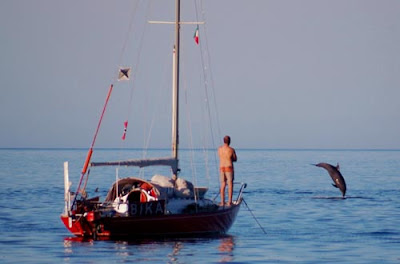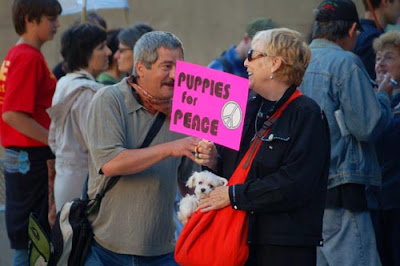
Photography has been associated with death by Roland Barthes; we look into the past when we look at photographs. These trivial photos will lie around for decades, long after we're gone.
Our lives are about action and movements. But a photograph can stop a fork that's on its way to the mouth: the fork will stay like that forever.
Our lives are about action and movements. But a photograph can stop a fork that's on its way to the mouth: the fork will stay like that forever.


But we're not at ease with having our moments slipping into eternity. I realize this every time I try to photograph people. I guess we all just want to look good. Even though we're rotting in our graves we want to look good.


I'm thinking about this as I'm driving slowly and hungry through the dark. Photographs may be creepy, but I'm aware that most people would consider me creepy as well.
The creepiness of a photographer lies in his eyes; he's watching without taking part. He's both restless and persistent. He's full of unknown desire.



And I have no idea what I desire as I drive through these silent streets. Being this far north the gardens are desolated and barren, but shouldn't there be tracks in the snow? Shouldn't there be kids playing? Then I realize that a lot of the houses are empty. No curtains, no nothing.
I'm driving down Fairview Loop. I still can't see any people. The whole neighborhood appears eerily lifeless.

I pull into an empty street and stop the car in front of a big house. The Christmas decoration has been blown out of all proportions. It's hard not to think that all these lights must be compensating for something.

I'm driving down Fairview Loop. I still can't see any people. The whole neighborhood appears eerily lifeless.

I pull into an empty street and stop the car in front of a big house. The Christmas decoration has been blown out of all proportions. It's hard not to think that all these lights must be compensating for something.









































